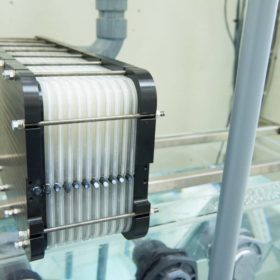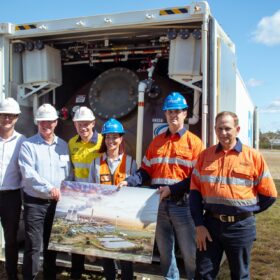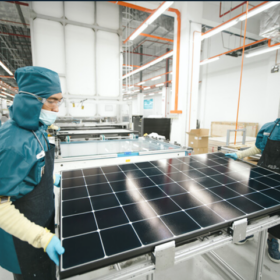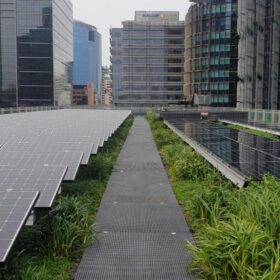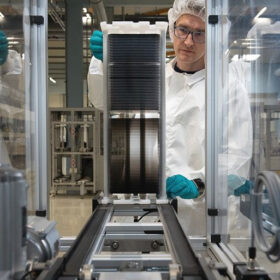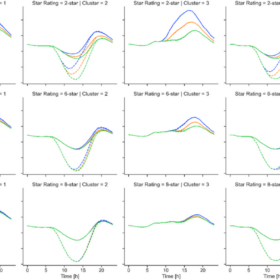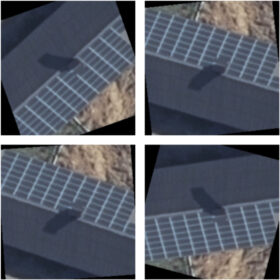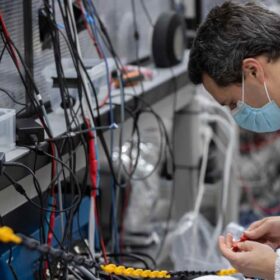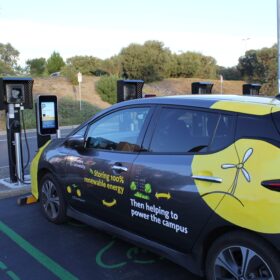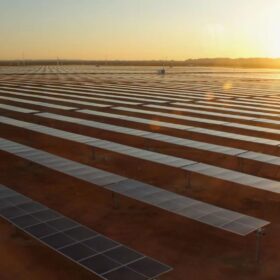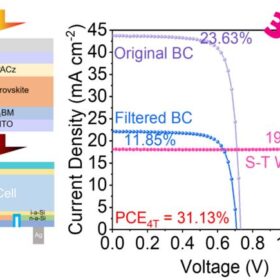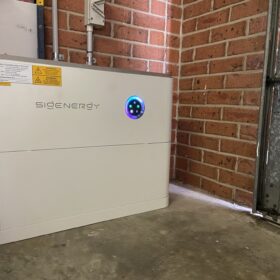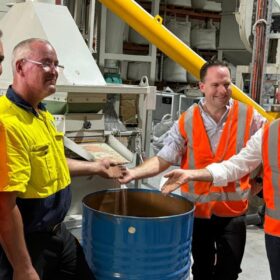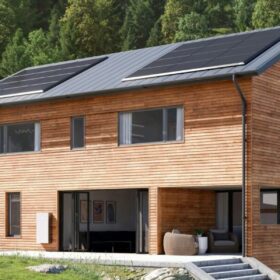Study finds redesigned zinc-air batteries a ‘better alternative’ to lithium
Researchers at Edith Cowan University have redesigned zinc-air batteries to an extent where the team’s study found the technology to be preferable to lithium-ion batteries, even for electric vehicles.
20 iron flow batteries delivered to Queensland coal plant, part of new technology testing hub
Queensland iron flow battery company Energy Storage Industries is delivering 1 MW/10 MWh of flow battery energy storage to Queensland’s Stanwell Power Station just outside of Rockhampton. The flow batteries are part of a new government-run clean energy testing ‘hub’ at Rockhampton, which will also include hydrogen and workforce training programs.
CSIRO startup pursues hydrogen tech for heavy industry
Australia’s national science agency has teamed with corporate advisor RFC Ambrian to form a new company to commercialise electrolysis technology that the CSIRO said can produce hydrogen with 30% less electricity than existing alkaline and polymer electrolyte membrane technologies.
Scientists outline innovation pathways for PV technologies
Continued innovation in PV cell technology will have major impacts as PV is deployed at “multi-terawatt scale” over the next two decades, says a global team of scientists.
Study shows biosolar rooftop system benefits power output
A group of Australian researchers say they have confirmed the benefits of combining rooftop solar installations with ‘green’ roofs with new research showing the combination increased solar generation by as much as 107% during peak periods.
Weekend Read: Mapping a path to tandem commercialisation
Chris Case, chief technology officer for Oxford PV, recently spoke with pv magazine about the U.K.-based company’s new 28.6%-efficient, commercial-sized, tandem solar cell, its U.S. subsidiary, and plans for the future.
Mitigating residential duck curve via solar pre-cooling
Solar pre-cooling consists of using residential PV systems to run air conditioners to pre-cool residential and commercial buildings. It offers benefits in terms of mitigating low minimum demand in electricity networks, flattening the grid’s net demand profile, and reducing electricity bills.
Novel AI-based tech to identify rooftop solar systems from aerial images
The model utilises deep learning and image processing techniques and is said to offer “superior performance.” In the future, it might be able to differ between panels of PV and solar thermal systems.
Hysata puts hydrogen electrolyser tech to test in real-world setting
New South Wales hydrogen technology company Hysata will install a 5 MW electrolyser unit adjacent to the coal-fired Stanwell Power Station in Queensland as part of a commercial-scale demonstration of its next generation tech.
Vehicle-to-grid tech put to test in SA trial
South Australia’s Flinders University has launched a trial that will test bidirectional vehicle-to-grid charging technology that allows electric vehicles to either be recharged or used as batteries to provide back-up power to the grid.
